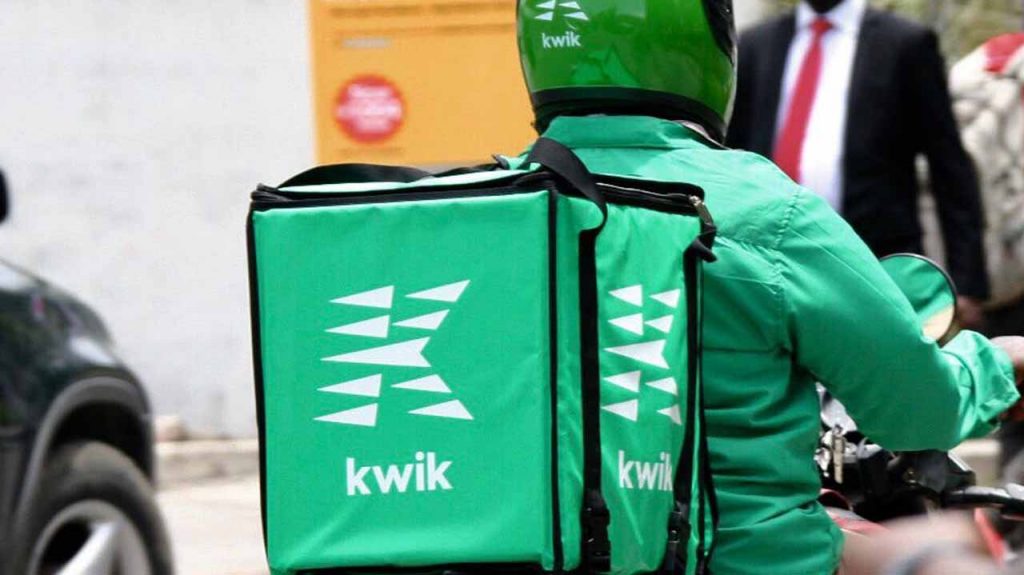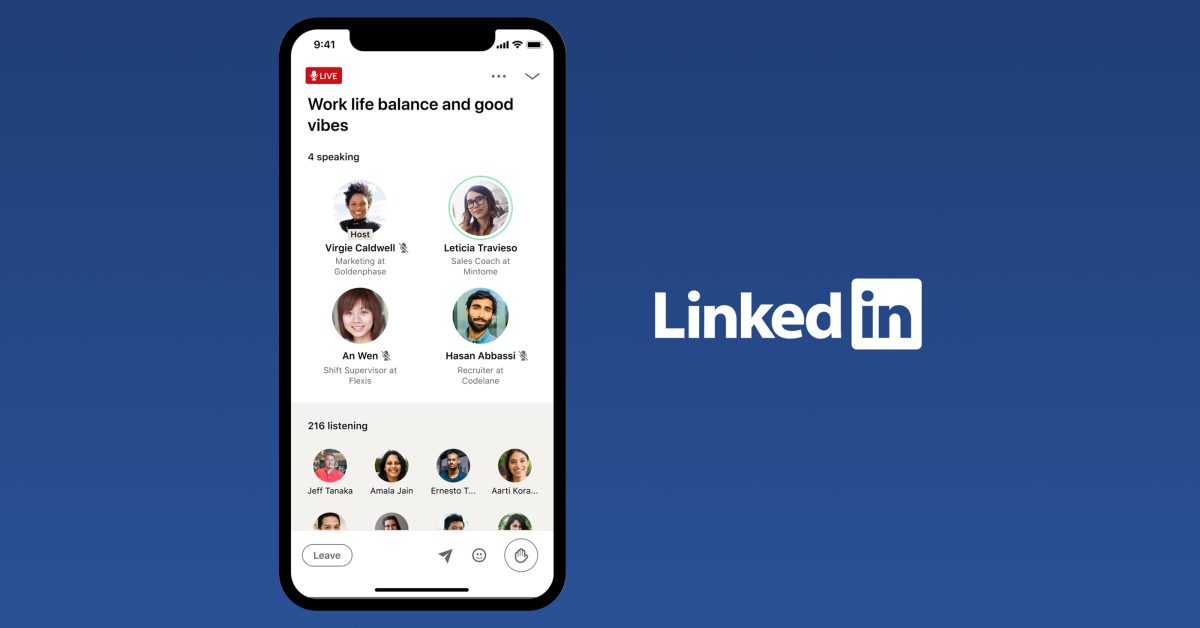Why Ajua Acquired Kenyan-Based AI Platform WayaWaya
One of Africa’s leading integrated Customer Experience Management solutions for businesses Ajua, has acquired WayaWaya, the Kenya-based Artificial Intelligence and Machine Learning known for its innovative Janja platform that enables borderless banking and payments across apps and social media platforms, for an undisclosed sum. WayaWaya founder and lead Janja product builder, Teddy Ogallo, joins Ajua as VP of Product APIs and Integrations.

This development allows Ajua to integrate Janja to automate much of the customer experience journey by integrating janja.me product into their product stack, closing the customer experience loop as the smart AI and ML built by WayaWaya gives SMEs the ability to automate responses and give the customer what they want, when they want it.
Read also:Why South African Businesses Adopted Hybrid Cloud at Increasing Rate In 2020
WayaWaya currently helps both individuals and businesses with intelligent messaging, across a number of social platforms, including Whatsapp, Facebook messenger, Telegram, and others, and allows its users to automate customer support and take cross-border payments.
As well as its vast reach with social platforms, WayaWaya is also integrated with global and African financial leaders including Mpesa, Airtel Money, Bankserv, First Data, Interswitch, Stripe, Flutterwave, Visa and MasterCard. Launched in 2012, Ajua was built to solve the customer experience gap for businesses on the continent to drive business growth.
Ajua combines technology with customer experience, and has built a number of innovative products that deliver real time customer feedback at the point of service, for small and large businesses across Africa, with the goal to digitalize and power growth for over 45 million SMEs. Current Ajua infrastructure partners and clients include GoodLife Pharmacy, Standard Chartered, FBNQuest, Safaricom, Total, Coca-Cola and Java House.
Read also:Peach Payments Raises More Funding to Accelerate Growth in South Africa
The acquisition of WayaWaya comes just one month after Ajua announced its partnership with Nigeria’s MTN for MTN EnGauge, an agile application that offers innovative customer management solutions.
The platform enables businesses access to digital payments using a unique USSD code, CRM tools, customer feedback channels, debt management and tracking, business and product promotions through mobile and social media channels.
Through its new product roll-out with MTN, Ajua is generating more data for its thousands of users, much of which can now be better automated and monetized through the products and services WayaWaya has built, including cross-border digital transfers, payments services and intelligent finance bots.
Speaking on the acquisition, Ajua Founder and CEO, Kenfield Griffith says, “The acquisition of WayaWaya is an important milestone for us, as we make a significant leap in ensuring the customer experience journey for businesses across the continent is seamless.
Integrating WayaWaya’s technology significantly complements our product suite and gives us the ability to automate our clients’ businesses and grow their revenues, which is an extremely powerful proposition for our customers of all sizes, across Africa.
From our experience in this area, we understand the CX fundamentals that drive growth for our customers and we want to bring this intelligence to SMEs across the continent.”
“The additional reach this acquisition brings allows Ajua to scale significantly within the SME vertical, as we provide our customers today, and in the future, the tools they need to grow in Africa and beyond.
We continue to be bullish on the point that customer experience and customer engagement are the engine for growth for businesses across the continent and they are disciplines that are critical factors in driving productivity and revenue growth”.
The SME market in Nigeria alone is valued at $220 billion annually and projections reveal that businesses with Customer Relationship Management (CRM) have bolstered their productivity by 40 percent.
Ajua, the leader in the technology-powered customer experience market for the continent, uses data and analytics to connect companies with their customers in real time, helping businesses to better understand the nature of their customers and subsequently increase sales through smarter experiences.
Teddy Ogallo, founder of WayaWaya and new VP of Product APIs and Integrations for Ajua adds, “Ajua’s focus on introducing and scaling customer service and customer experience for the continent – and essentially how they help businesses deliver excellence for their customers – is something my team andI have long admired.
Seeing how WayaWaya’s technology can complement Ajua’s innovative products and services, and help scale and monetize businesses, is an exciting opportunity for us, and we are happy that our teams will be collaborating to build something unique for the continent”.
Kelechi Deca

Kelechi Deca has over two decades of media experience, he has traveled to over 77 countries reporting on multilateral development institutions, international business, trade, travels, culture, and diplomacy. He is also a petrol head with in-depth knowledge of automobiles and the auto industry



















